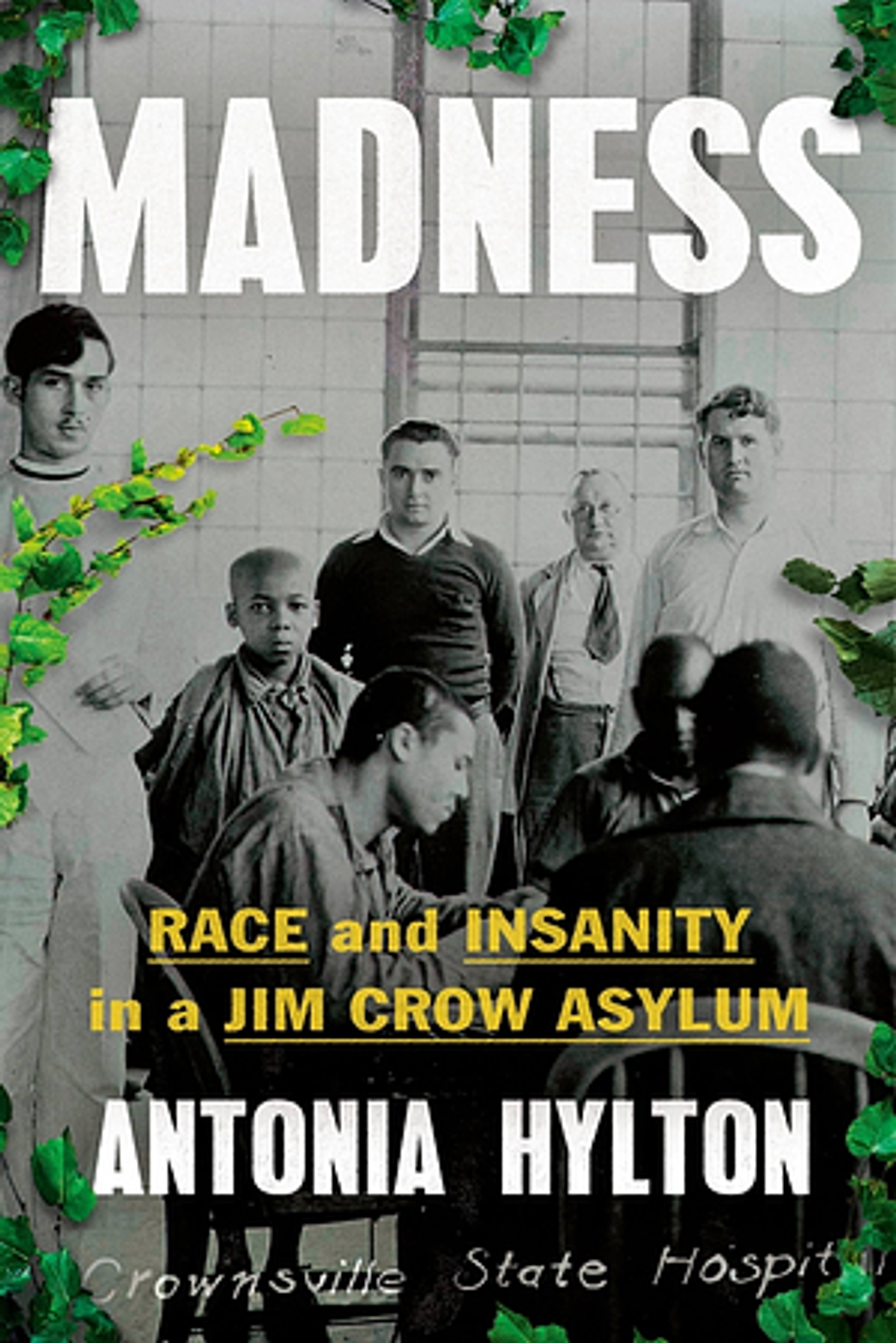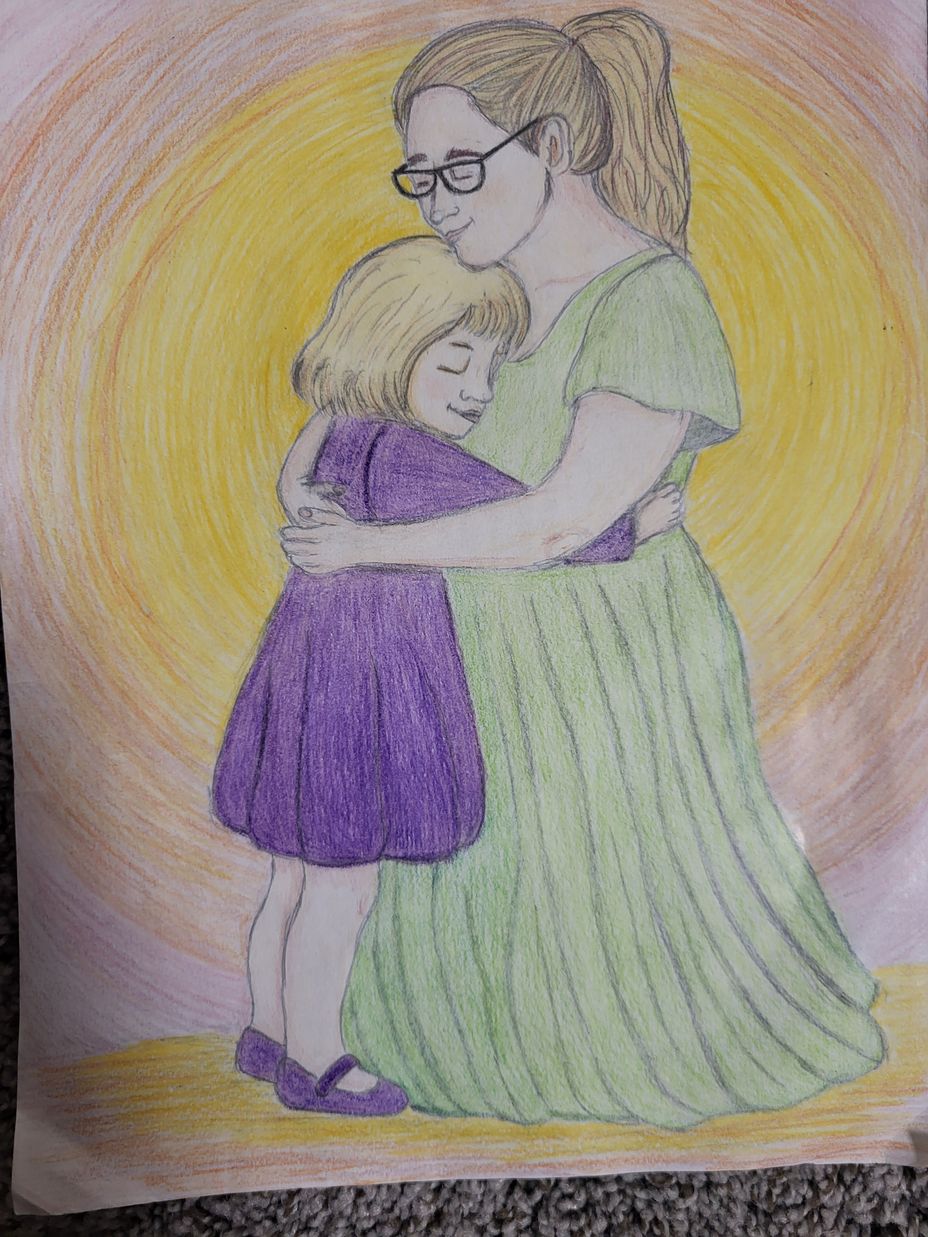I didn't choose to heal; it chose me.
I remember the moment I cut the cord from my parents, and it was scary and liberating. Not knowing how they would initially react, I was pleasantly surprised and heartbroken at their lack of outreach and misunderstanding. It's like they were waiting for this moment to happen. The longer I went without speaking to them, I began to realize the cold, hard truth that they didn't care at all.
Free from their grip, I began to spiral down a dark hole inside my mind of forgotten memories. I've lost count of how many times I've wanted to give up on that darkness. How many times I've told myself it's too hard, too painful, too much. But somehow I'm still here. Still trying to fulfill my purpose in this life.
I come from a lineage of people who survived by numbing, by silencing, by pretending nothing happened. So I came to this world to break all cycles, the ultimate generational curse breaker. It's literally in my birth chart. I felt a strong purpose since I was seven years old. I'm a firm believer that we choose our parents and the hardships we endure. I will clarify that we didn't sign up for exactly what happened; free will is truly a scary concept. I'm here to break the cycles of abuse, neglect, trauma, addiction, honestly, all of it.
All of the abuse I've been through, the neglect, the sexual abuse, emotional and verbal abuse has affected me in various ways. I'm emotionally intelligent, but my emotions explode because I was never taught how to regulate. I'm learning now. I stopped giving my body to random men well over ten years ago. Always searching for something that wasn't there or trying to fill the void of pain and loneliness. Teaching myself to be kind, not just to myself, but to others as well. Creating strong, healthy boundaries, learning to say no. The most challenging of them all: addiction.
I didn't start smoking cigarettes until the day after my 18th birthday, being peer pressured into it. I continued to smoke cigarettes until I was 31 years old and quit cold turkey. I started drinking the summer after high school, under peer pressure, to fit in with my friends, and I found an outlet. A way to cope with things that I didn't remember. I felt lost but found. There was smoking of cannabis during this time. I preferred smoking over drinking, but this was before it was legal in my state to purchase cannabis. I drank heavily for the next 8 years, always searching for someone to connect with on a physical level, but nothing beyond that. When I said the healing journey chose me, this is what I mean; in September 2015, I was at a wedding with some friends, and I had been drinking. Later in the evening, I got a migraine. My first ever, and that was the turning point in my life.
It was a glamorous journey. I struggled to be sober. I struggled with staying home on the weekends, not being able to be at the bar with friends. Who were not friends, just people that happened to be drinking at the same watering hole. It honestly wasn't until after the New Year that I started to make real changes. I saw a doctor, I went on depression meds, and started practicing Yoga once per week. I spent the next few years physcially detoxing from all the crap I put in my body. I changed my diet, tried to sleep more, exercise, etc. I felt like I was walking up an icy mountain, not really making any progress but still trying. Mainly because I was still living with my parents at this time. Still under their abusive manipulation. I had no idea what I had just started.
I did quit drinking. My mom was an alcoholic, so that's an easy no for me. She killed herself three years ago. That's another story, for another time. I did, however, utilize the fact that at the beginning of 2020, marijuana became legal in my state. It was a godsend. Marijuana helped me cope and process over the next 5 years, and now here I am present moment, writing this out and struggling to let go of my edibles. My body is rejecting them, just like my body was rejecting alcohol. I crave the numbness, the release, but my heart says no. It's an internal battle that I keep to myself, wishing to be sober, but the bridge to get there is burning, itchy cravings that are the hardest part to get through.
I'm at the end of my numbing journey. I now know that I don't need it anymore. It's the in-between the old and the new, learning to cope with new techniques. I now choose healing not because it's easy, but because I'm tired of pain being the only legacy I carry forward. I refuse to be like either of my parents. I won't let my story end the same way. I also know deep in my soul that I am meant to help bring great change. It may feel like to end is all around, but I have hope that this is the downfall that we all need. Whether that's on your own personal journey or in the current state of our world. The old must be exposed before the new can be accepted.
Even if you're the first in your family to choose healing, even if no one claps for you, your choice matters. You matter. And you're not alone.
#MentalHealth #change #CPTSD #healingjourney #soberiety #choices #TraumaRecovery #AddictionRecovery



